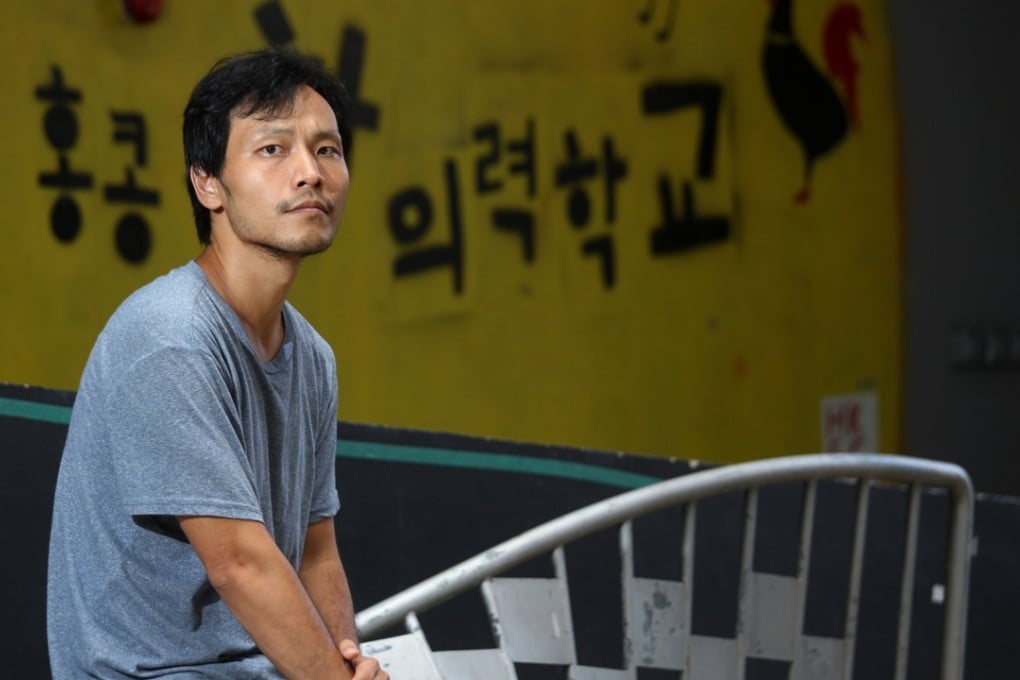Chinese filmmaker exiled in Hong Kong draws on his experiences of exclusion and reunion in new film
Ying Liang’s A Family Tour is inspired by the director’s inability to return home, where his work has been condemned as ‘subversive’

In Ying Liang’s latest film, A Family Tour (2018), a filmmaker is asked by a journalist whether she considers herself a Hongkonger or Chinese. The mainland China-born director, who has, after all, gone on the record to call the city her “home”, hesitates for a second before offering a curt and glum response: “I’m a stranger.”
Ying laughs when, in a cha chaan teng in Tai Po, I quote the line and put the same question to him.
Like his protagonist, Ying lives in exile in Hong Kong, and has done so since 2012, when mainland authorities declared him persona non grata for screening his controversial film When Night Falls (2012) at international festivals. Unlike his on-screen proxy, however, he says he does not feel like an outsider in this city.
“[Chinese] tourists always complain about being discriminated against in Hong Kong, but I don’t feel anything of the sort,” says Shanghai-born Ying, who now lives in a village outside Tai Po, with his wife, who is from Sichuan province, and five-year-old son. “I’d tell them how it’s worse in China, with the people’s bigotry against their fellow compatriots.
“If you hail from a poor, rural backwater in Sichuan, for instance, you’d have to score incredibly high marks to get into, say, Peking University or Fudan [University in Shanghai]. In Hong Kong, you might have a rough encounter with a rude waiter or something like that, but nothing more.
“That’s me speaking from a Hongkonger’s perspective then,” Ying adds, laughing.